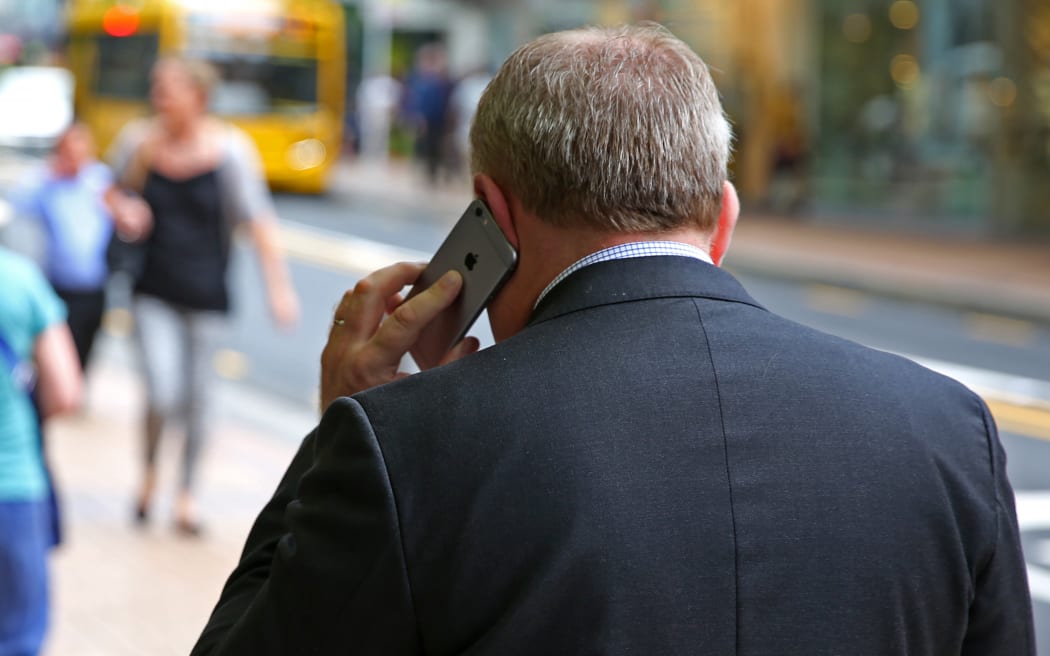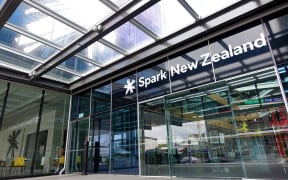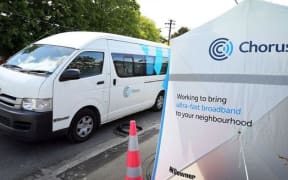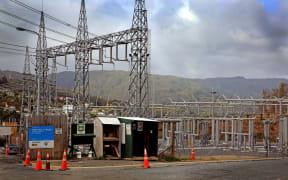The Commerce Commission is warning that the battle among telecommunications firms to attract users may lift consumers' expectations to unrealistic levels.

Photo: RNZ / Alexander Robertson
The watchdog's latest annual report on the state of New Zealand's phone and broadband markets found consumers are getting internationally competitive pricing on services, while average speeds and data consumption increases.
Telecommunications commissioner Stephen Gale said the copper network was being extended by the uptake of free introductory offers of internet-based television such as Spark's Lightbox and Sky Television's Neon.
"A lot of these are on promotion at the moment, so it's a bit of an open question as to whether they'll be sustained after that," he said.
Dr Gale said total revenue declined to $5.17 billion dollars, while investment in new technology has risen.
New technology was being incorporated into telecommunication packages with little increase in price.
"So there's an investment task - the companies keeping up managing people's expectations about whether it gets better and better, always at lower prices."
Dr Gale said consumers were getting internationally competitive prices for services, while average speeds and data consumption increased.
"Especially for the low-quantity packages - prices are very good by world standards on the fixed network. On the fibre network, our prices are particularly attractive, 22 percent below the average."
Broadband users consumed an average of 32GB of fixed-line broadband data a month, compared with 26GB the previous year.
Average speeds also rose, from 5.3MB per second to 7.3MB.
However mobile broadband was still expensive, the report said. It found a 1.5GB monthly plan was 21 percent above the average, while the 6GB monthly plan at $90 was more than double the average among OCCD countries.
"Data revenues continue to rise while voice-related revenues are in decline, reflecting the importance of fixed and mobile internet access for New Zealand households."
Telecommunications Users Association chief executive Craig Young said some New Zealanders were going to be left behind if the Government did not find a way to increase access to high-speed networks.
"There's going to be at least 20 percent of New Zealand that won't be on fibre. That's a big issue."
Mr Young said the association would be putting out its own views on what the Government should do in the next month.
He urged consumers to take advantage of low-cost access to fibre networks, to avoid a costly upgrade in the future.




